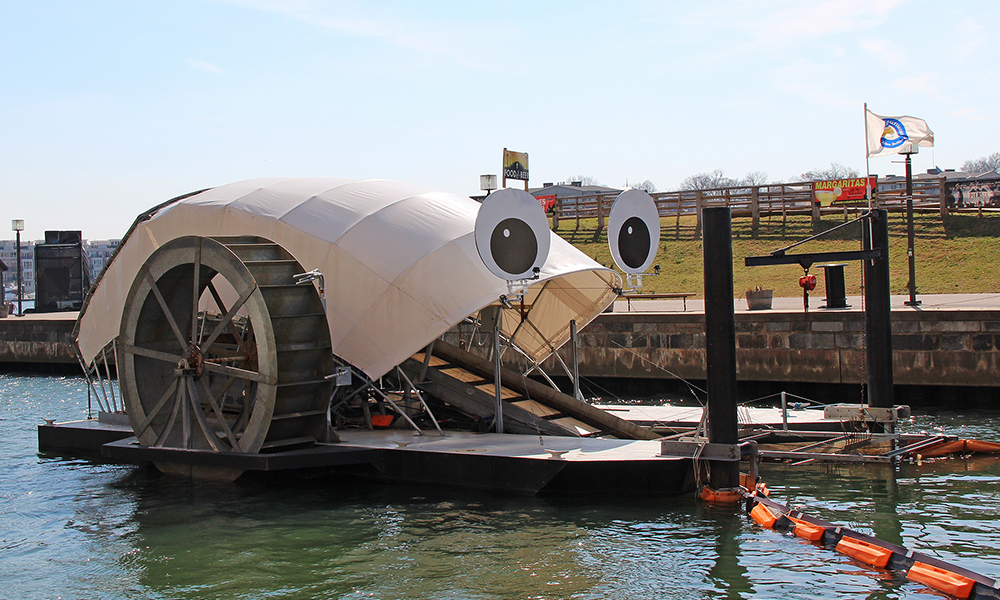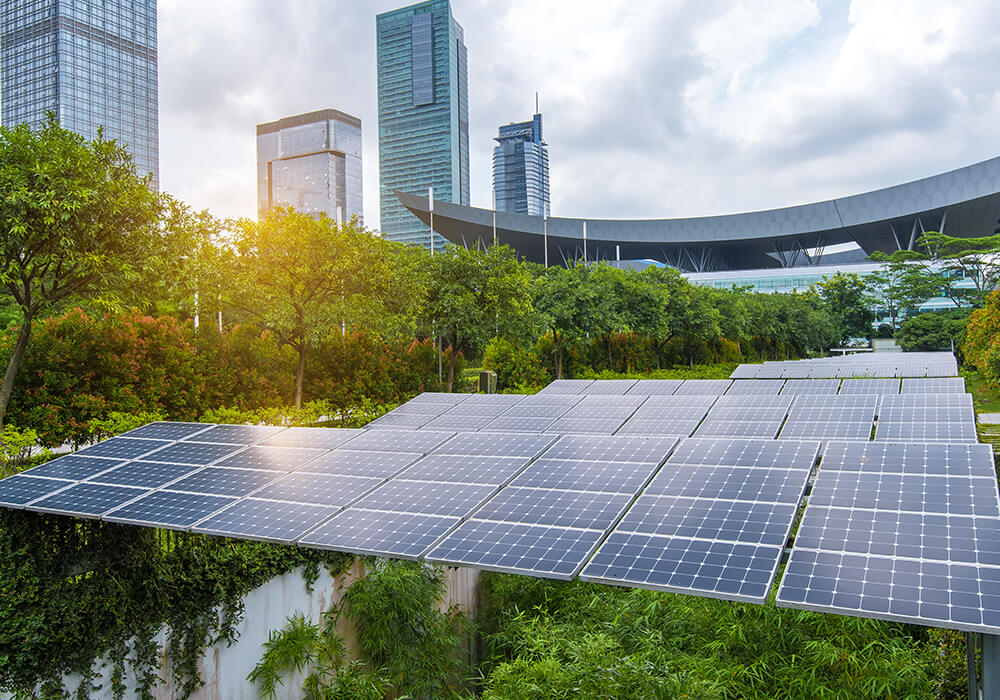Mr. Trash Wheel and Professor Trash Wheel are on the move. Not only are these water cleaning machines making waves in the Baltimore harbor, but they’re also starting to get attention from cities around the world. Learn more about these green machines that are changing the way we approach water pollution.
How it works
Mr. Trash Wheel and Professor Trash Wheel are powered by water and solar electricity as they move around the waterways surrounding Baltimore. When they’re on the job, these trash wheels funnel debris onto a conveyor belt that carries the garbage into a giant trash bin. When the garbage dumpsters are full, boats carry them away and replace them with empty ones.

Meet the wheels
These two trash wheels have a big job and big personalities to match. They’ve been given human characteristics and named accordingly. Giant googly eyes help people relate to these green machines so the public is more invested in their efforts to clear debris from the water.
Mr. Trash Wheel first began cleaning up the waterways in 2014 with Professor Trash Wheel joining him in December 2016. Mr. Trash Wheel alone has collected over one million pounds of trash. A Twitter account dedicated to following Mr. Trash Wheel’s progress helped him gain popularity.
Professor Trash Wheel has eyelashes on her googly eyes to distinguish her from Mr. Trash Wheel. She also has her own Twitter account. Funds to create Professor Trash Wheel were raised by the support from people around the world who wanted Baltimore’s waterway cleanup project to be successful. The hope is that these trash wheels can multiply to clean up waterways around the globe.

Trash collection
Millions of pound of debris has been prevented from entering the Chesapeake Bay since Mr. and Professor Trash Wheel have been on the job. River currents power a giant wheel and solar panels offer additional electrical power for these eco-friendly contraptions. The weather plays a factor in how much trash the wheels collect each day. Heavy rains wash more debris into the harbor. This debris typically comes from litter bugs who drop their trash outside and it gets washed into the city’s drain system.
Hundreds of thousands of plastic bags, cigarettes and styrofoam containers have already been collected. Occasionally, the trash wheels will pick up larger debris such as tires, a keg or an acoustic guitar. The city incinerates the trash after it’s collected to generate electricity. Officials are looking into recycling programs and potentially turning garbage into functioning car parts.





